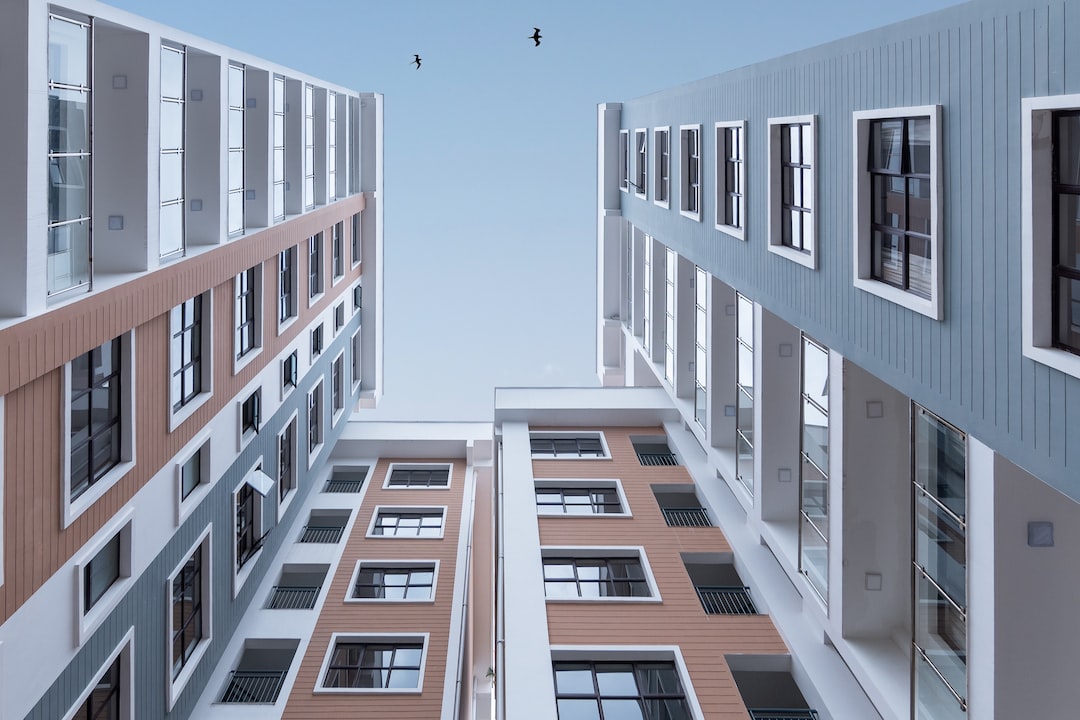The real estate industry has always been dynamic and evolving, and in recent years, it has experienced even more rapid changes due to advancements in technology and shifting consumer behaviors. As we move into the future, it is important to have a clear understanding of the trends and predictions that will shape the real estate landscape.
One of the most significant trends in real estate is the rise of smart homes and buildings. With the increasing popularity of Internet of Things (IoT) devices, homeowners are now able to control various aspects of their homes through voice commands and smartphone apps. From adjusting the temperature to turning on the lights, these smart devices provide convenience and enhance energy efficiency. In the future, we can expect to see more integrated and seamless smart home solutions that cater to the individual needs of homeowners.
Another trend that will shape the future of real estate is the focus on sustainability and eco-friendly features. As the world becomes more aware of the impact of climate change, there is a growing demand for green buildings that prioritize energy efficiency and environmentally friendly practices. Real estate developers are increasingly incorporating features such as solar panels, rainwater harvesting systems, and green spaces to attract environmentally conscious buyers.
In addition to technological advancements and sustainability, the real estate industry is also experiencing a shift in consumer preferences. Millennials, who make up a significant portion of the homebuyer market, have different priorities compared to previous generations. They value convenience, affordability, and communal amenities. As a result, we are seeing the rise of co-living spaces, flexible workspaces, and mixed-use developments that cater to the needs and desires of millennials.
Furthermore, the COVID-19 pandemic has accelerated certain trends in real estate. The concept of remote work has become more mainstream, leading to increased demand for homes with home offices and reliable internet access. Additionally, there has been a surge in demand for suburban and rural properties as people seek larger homes and outdoor spaces. It is predicted that these preferences for remote work and spacious living will continue to shape the future of real estate.
Looking ahead, we can expect to see further integration of virtual reality (VR) and augmented reality (AR) technologies in the real estate industry. These technologies allow potential buyers to virtually tour properties and visualize potential renovations. This will streamline the home buying process and provide a more immersive experience for buyers.
In conclusion, the future of real estate is intrinsically linked to technology, sustainability, and shifting consumer preferences. Smart homes, sustainability features, and catering to the needs of millennials are all trends that will shape the industry. Additionally, the impact of the COVID-19 pandemic has accelerated certain trends, such as remote work and the demand for spacious properties. As the industry continues to evolve, it is important for real estate professionals to stay abreast of these trends in order to adapt and thrive in a rapidly changing landscape.

